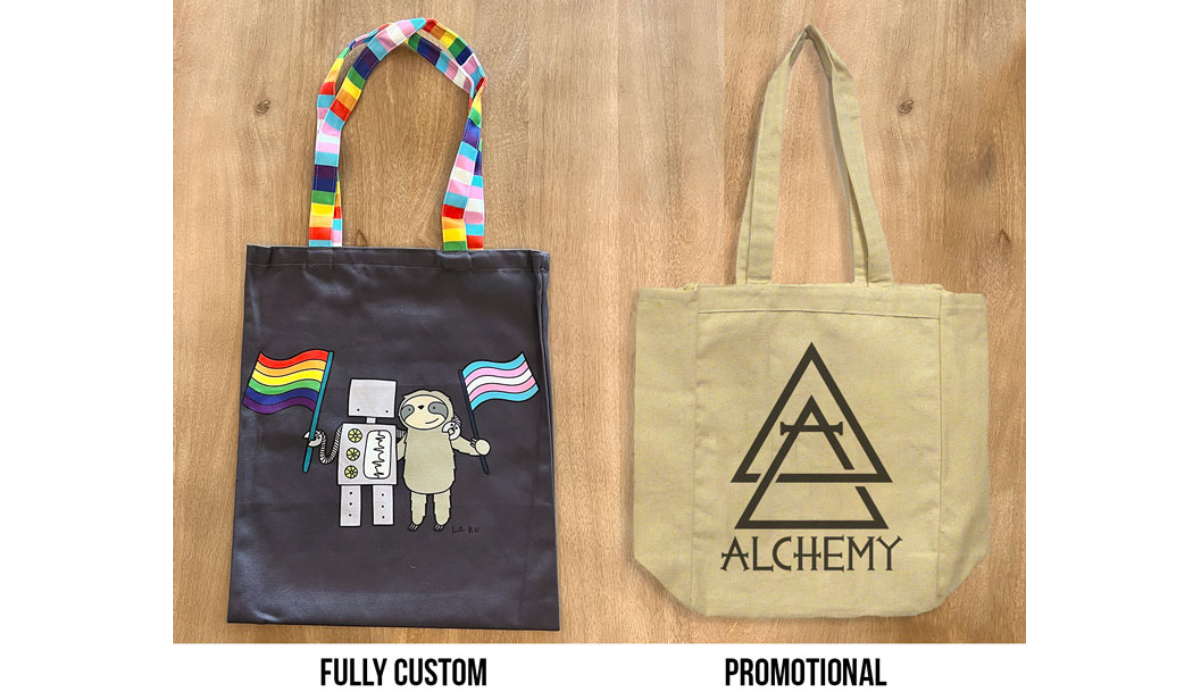The merger of two titans—Burger King and Tim Hortons—closed the books on 2014. Now many are looking ahead, wondering what the health of the mergers and acquisitions (M&A) market in the quick-service sector is likely to be for the coming year.
After several years of gloomy fiscal predictions, it appears the acquisitions market may be fertile ground in 2015. In fact, Phil Friedman, who purchased Charlotte, North Carolina–based Salsarita’s Fresh Cantina in 2011, says the very economic issues that continue to drag on people’s minds could make this year even more attractive to brands seeking to reel in new concepts.
“Let’s say, for argument’s sake, that my company is doing OK but not as well as it could, because it’s more sensitive to the economic environment,” says Friedman, CEO of the Mexican fast-casual chain. “I might look for something that has a little more applicability to the current business environment that gives me a chance to diversify and grow.”
That business environment, with its low interest rates, also makes capital relatively cheap. This means that companies generating revenue may not have as many attractive options for investing. “One place to put [cash] would be to buy another company that’s reasonably priced in terms of their growth aspects,” Friedman says. When money is relatively inexpensive, opportunities such as new brand acquisitions become not only more feasible in the short term, but sometimes more fiscally prudent in the long term, as well, he adds.
Phil Krieger, vice president of the consumer sector at Boston-based investment banking firm TM Capital, says he believes the M&A activity in the quick-serve sector is likely to be robust in the coming year.
“There has been a lot of interest in the restaurant sector—particularly fast casual and [quick service]—both on the private equity and on the larger strategic buyers’ side,” Krieger says. He expects 2015 will build on the momentum that began in 2014, which was capped off by Burger King’s $11 billion acquisition of Tim Hortons.
Last year also revealed that a number of private equity firms are beginning to behave much like restaurant venture investors. Krieger says the industry saw some fairly large and well-known private equity firms looking for the next emerging quick-service brand.
“There has been a lot of demand for what is the hot new restaurant concept, and I see that continuing into 2015,” he says.
In the middle market, most M&A activity is likely to be through cash deals, Krieger says. “They may include some kind of cash deal with a rollover equity component,” he says. “If you have a private equity firm that’s buying a business from an entrepreneur, they will look very highly upon that entrepreneur retaining a large stake in the business.”
This structure helps make the case that the existing owner has confidence in the brand and is committed to growing the concept into the future. There may also be opportunities for acquisitions that leverage earn-out structures, where there’s a cash purchase price up front with additional cash paid out in later years based on performance. But Krieger cautions that as the market continues to be robust, there is more reluctance among sellers to enter into an earn-out structure.
Mandy Calara, founder and CEO of Chicago-based Forever Brands, recently acquired Falafill, a brand that specializes in East Mediterranean–inspired fare. The concept complements Forever Brands’ existing portfolio, which consists of Bee & Tea, a boba tea and steamed bun shop, and the frozen-yogurt brand Forever Yogurt.
While the new acquisition dovetails well with the Millennial market Calara is keen to court, he says, keeping Falafill founder Maher Chebaro on board has also given Forever Brands some valuable firepower. “He’s still coming up with new product innovations, he’s available to meet with franchisees and attend trade shows, and then he’s also available for trainings for new franchisees as far as the food preparation, recipe, and food handling portions go,” he says. This arrangement continues to build on Falafill’s existing brand equity while enabling Calara to expand the Forever Brands portfolio as a whole.
Calara has also capitalized on some of the efficiencies that come along with adding new concepts to the brand portfolio. Training and operations manuals, for example, have been streamlined to use as much common content as possible across the various Forever Brands concepts.
“We can invite everybody to come for a Forever Brands training, and a lot of the administrative things, like HR and scheduling and general food handling, are the same,” he says. “Then we have breakout sessions where they will have specific training that is actually done at the store.”
Similar consolidation efforts on the franchising side have improved scalability. Calara says the company made franchising multiple concepts within the Forever Brands portfolio easier. “If someone buys all three of the different franchise brands, then we have a discount,” he says. “A lot of times a franchise will have a three-pack or a five-pack for a certain amount.”












